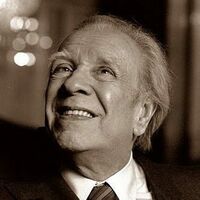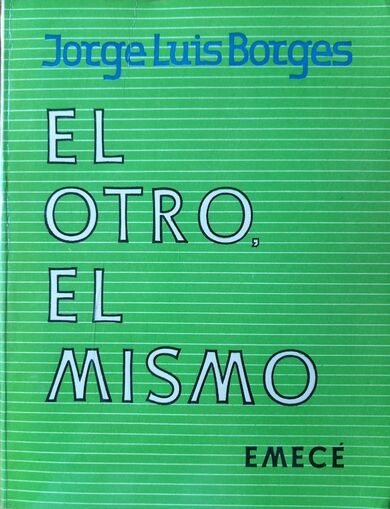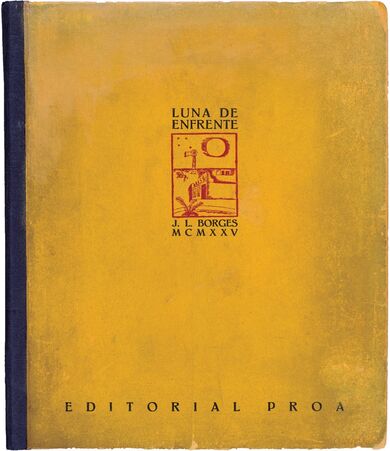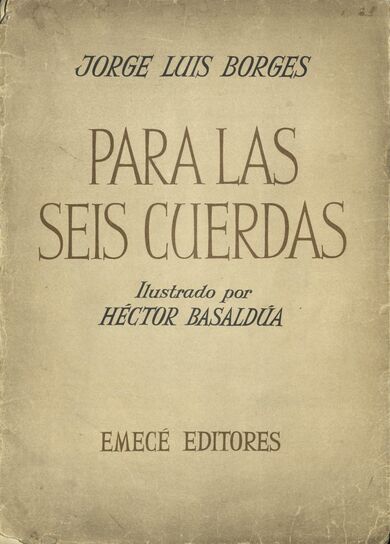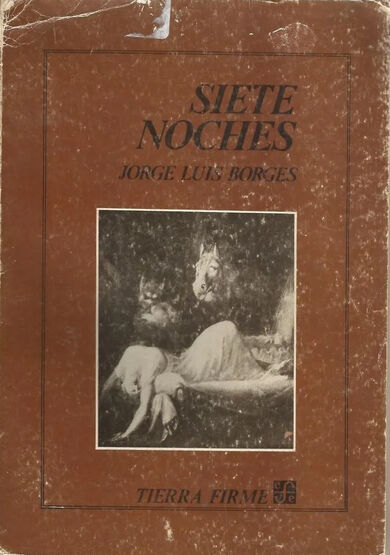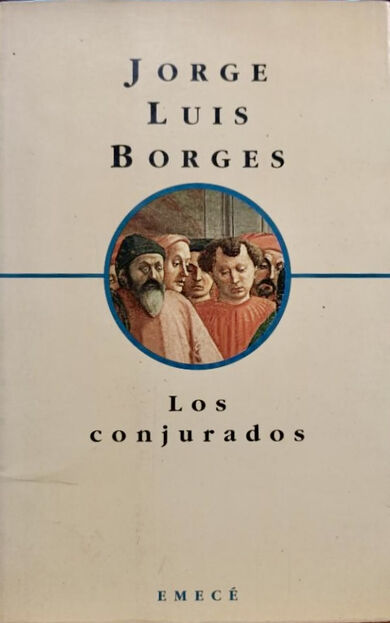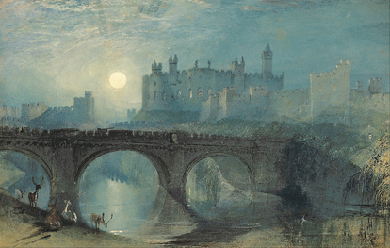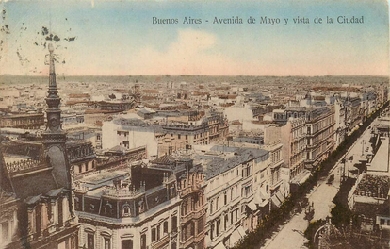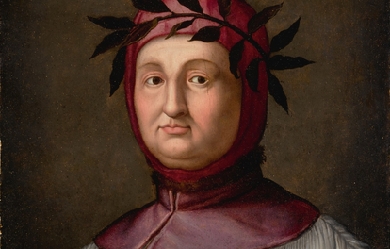
Of Heaven And Hell
The Inferno of God is not in need of
the splendor of fire. When, at the end of things,
Judgement Day resounds on the trumpets
and the earth opens and yields up its entrails
and nations reconstruct themselves from dust
to bow down before the unappealable Judgement,
eyes then will not see the nine circles
within the inverted mountain, nor the pale
meadow of perennial asphodels
in which the shadow of the archer follows
the shadow of the deer, eternally,
nor the ridge of fire on the very lowest level
of the infernos of the Muslim faith,
antedating Adam and the Fall,
nor the violence of metals, not even
the almost visible blindness of Milton.
No fearful labyrinth of threefold iron,
no doleful fires of suffering, will oppress
the awestruck spirits of the damned.
Nor does the far point of the years conceal
a secret garden. God does not require —
to celebrate the merits of the good life —
globes of light, concentric theories
of thrones and heavenly powers and cherubim,
nor the beguiling mirror that is music,
nor all the many meanings in a rose,
nor the fateful splendor of a single
one of his tigers, nor the subtleties
of a sunset turning gold in the desert,
nor the immemorial, natal taste of water.
In God's infinite compass, there are no gardens,
no flash of hope, no glint of memory.
In the clear glass of a dream, I have glimpsed
the Heaven and Hell that lie in wait for us:
when Judgement Day sounds in the last trumpets
and planet and millennium both
disintegrate, and all at once, O Time,
all your ephemeral pyramids cease to be,
the colors and the lines that trace the past
will in the semi-darkness form a face,
a sleeping face, faithful, still, unchangeable
(the face of the loved one, or, perhaps, your own)
and the sheer contemplation of that face —
never-changing, whole, beyond corruption —
will be, for the rejected, an Inferno,
and, for the elected, Paradise.
translated by Alastair Reid


